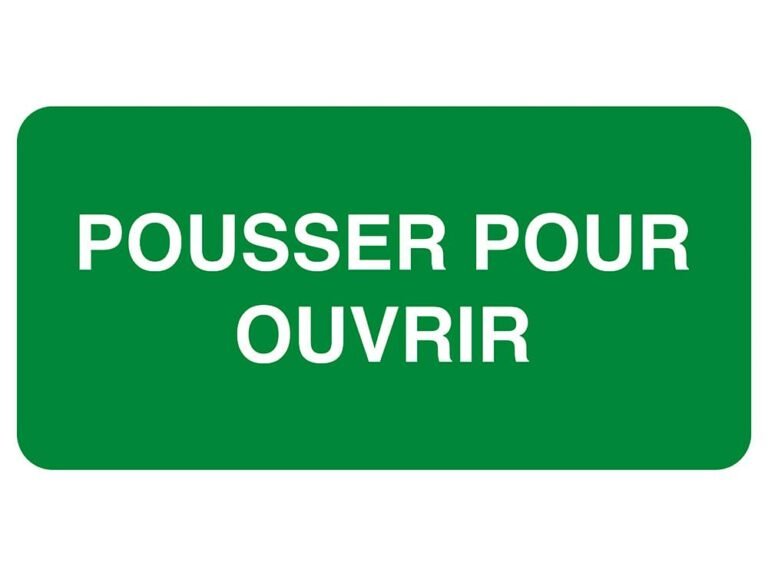devoir details
The French verb “devoir” means “to have to” or “must.” An earlier post looked at “devoir” in a general sense. Let’s examine a few specific aspects of “devoir” that are indispensable for reading and talking in French. Past participle The past participle of “devoir” is “dû.” Unlike the past participles of “avoir, savoir, vouloir, pouvoir,…









